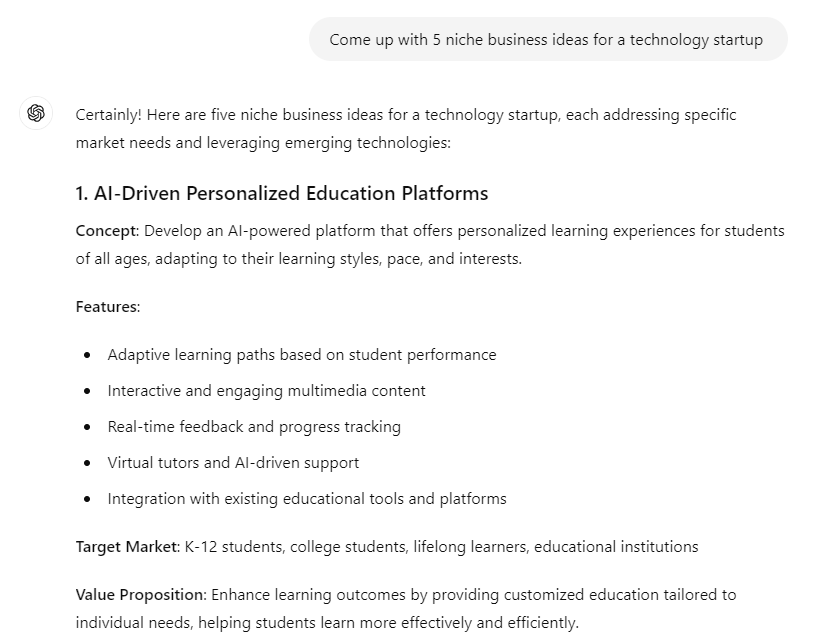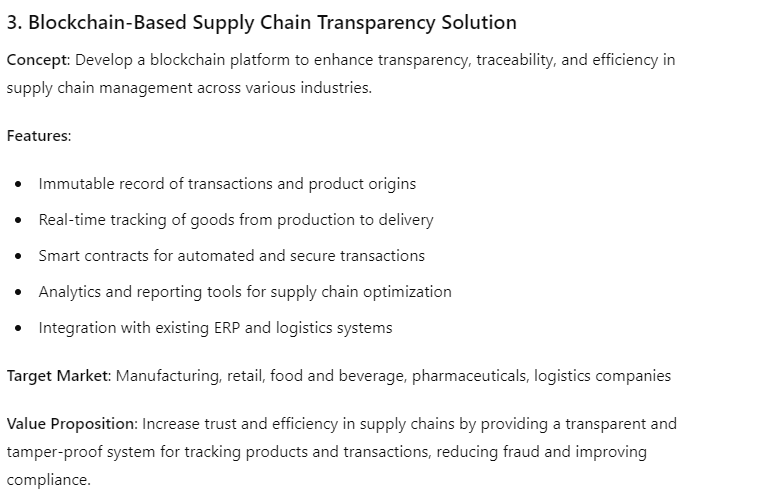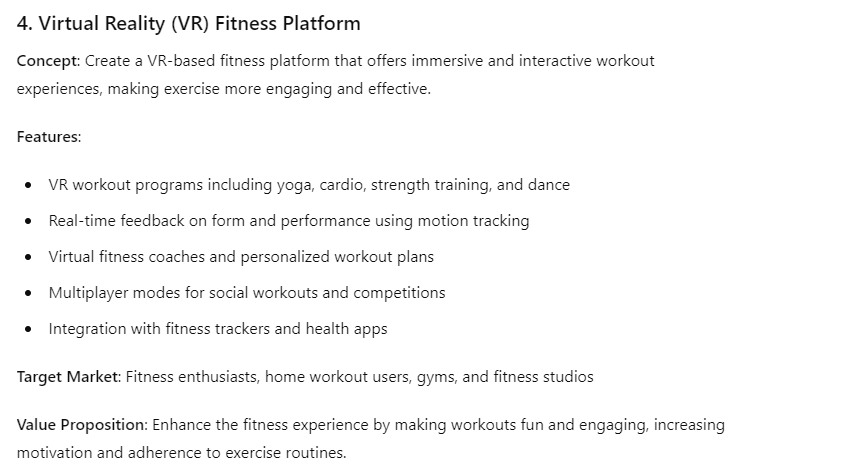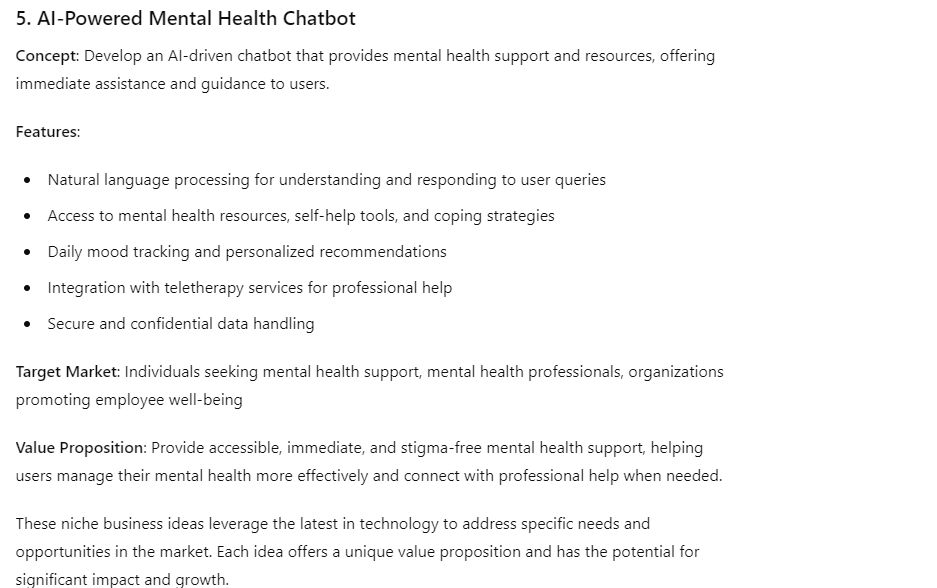Starting an online business, even as a side hustle, can feel like a daunting task, especially when you’re juggling a full-time job. But what if you had a tool that could make the process smoother and faster? Enter ChatGPT, your new business partner. This AI powerhouse can help you brainstorm ideas, generate content, and promote your brand across social media. ChatGPT is an AI tool designed to mimic human conversation. It can generate content from simple questions or keywords, enhance your writing, fix spelling errors, create video scripts, and even conduct keyword research. You can also use it as a chatbot on your website. With its versatility and ease of use, ChatGPT is the perfect assistant for launching your online business. Ready to dive in? Here’s how you can start an online business with ChatGPT in just three steps.
Getting started with ChatGPT
First things first, head over to the OpenAI website and try ChatGPT. Before you start typing, give ChatGPT a persona that matches your business style. For instance, if you’re a budding entrepreneur, you might say, “Act as an entrepreneur and startup business generator. Provide answers in a professional, well-formatted manner. Be knowledgeable about business ideas, value propositions, business plans, product suggestions, marketing channels, and other entrepreneurial topics.”
Step 1: brainstorm business and product ideas
Every great business starts with an idea. To brainstorm your online business concept with ChatGPT, log into the interface and enter prompts to spark creativity. Whether you have a few keywords in mind or are starting from scratch, ChatGPT can generate a variety of ideas. At this stage, no idea is too big or too small. Create separate chats for each idea and make a list of the ones you’re most passionate about and those with market potential.
Step 2: identify your target audience
With a list of potential business ideas, it’s time to identify your target audience. Ask ChatGPT who would be interested in your products or services. The AI can suggest demographics, interests, and even niche markets that you might not have considered. This step is crucial for crafting effective messaging for your website, ads, and social media.





Step 3: promote your business with ads and social media
Now comes the fun part—promotion. ChatGPT can help you generate social media posts and ad content. You can ask for ideas for single posts or request an entire month’s content. The AI will provide a well-organized schedule with relevant hashtags and emojis. For ads, ChatGPT can create campaigns with different phases like “Teaser and Awareness,” influencer collaborations, and limited-time offers. Simply copy and paste the content into your social media platforms or use a scheduling tool to automate the posts.
Extra tips for ChatGPT
Enhance your content: use ChatGPT to polish your content. Whether refining blog posts, optimizing product descriptions, or crafting compelling calls-to-action, ChatGPT can ensure your content is professional and engaging.
Stay organized: create different chats for different purposes—one for brainstorming, another for social media content, and another for ad campaigns. This will help you keep your ideas and plans organized.
Leverage chatbots: Deploy ChatGPT as a chatbot on your website to handle customer inquiries, provide support, and even guide visitors through purchasing.
Starting an online business is an exciting journey, but it doesn’t have to be overwhelming. With AI, you have a powerful tool to streamline the process. From brainstorming ideas to promoting your brand, AI can be your virtual business partner, helping you realise your entrepreneurial dreams. So, why wait? Get started with ChatGPT and watch your online business take flight!



